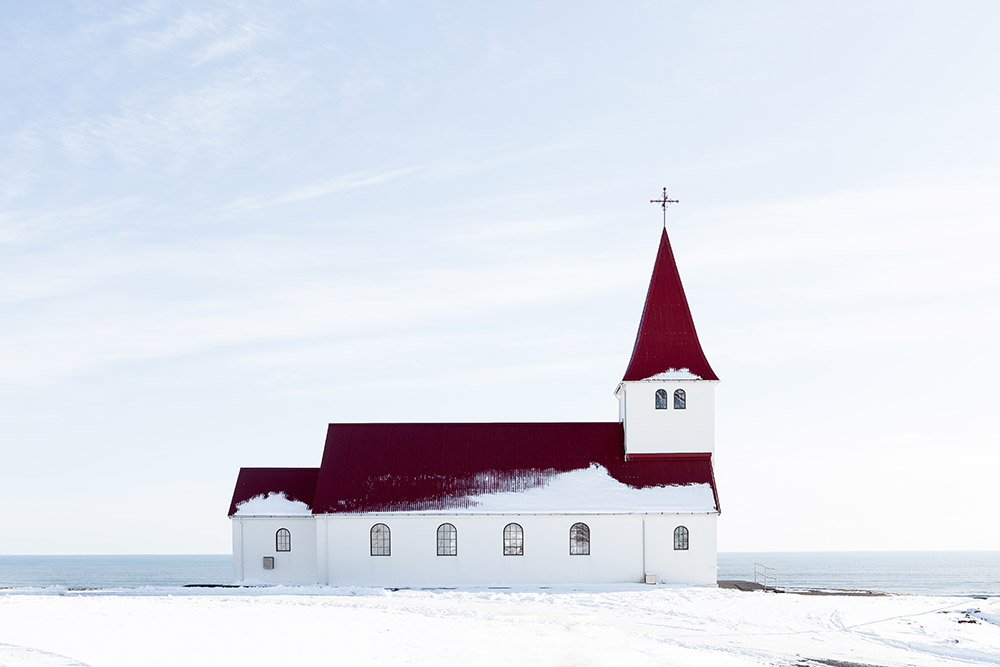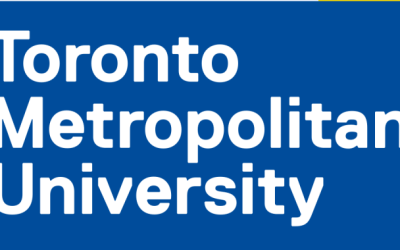In July, the Canadian prime minister denounced the arson and vandalism of Catholic churches across the country in the wake of the discovery of unmarked graves at former residential schools.
After more than 1,100 unmarked graves were discovered at schools previously run by the Catholic Church in British Columbia and Saskatchewan, protests erupted across the region resulting in statues of Queen Victoria and Queen Elizabeth II being torn down and churches damaged. The sights were disturbingly similar to those seen during the Black Lives Matter riots that erupted in the United States last year which are believed to have resulted in around US$2 B in damage.
Unlike the riots seen in the U.S., these protests have been denounced by the leading left-wing politicians in Canada and the fact that the prime minister would risk losing his progressive credentials by calling them out tells us two things.
First of all, it suggests that the protests have already gone too far or are at the risk of going too far. The tearing down of historic statues in Canada and burning down churches appears to be less about achieving justice for the victims—whatever justice could possibly mean for something that tragically happened so long ago. It appears to be one part of a larger campaign to reshape Canadian society.
Secondly, it tells us that the politicians are both aware that these protests are going too far and willing to do something to stop them. There is an important difference there. Eric Kaufmann argued in the UK’s Telegraph newspaper in July that Canada, with the exception of Quebec, is becoming the world’s first “woke nation” in the sense that “wokeness” is becoming a part of the country’s identity. These riots are an example of this and the fact that politicians are responding to it suggests that it’s turning into a reality.
Riots disrupt the idea that far-left progressivism is a force for good and the prime minister likely knows this. That could be why he chose to denounce it, knowing that if he did not toe the fine line between acknowledging the tragedies of the past while also recognizing the deep connection that Canada has to its European founders that it could have caused him trouble in the recent election.
In any normal election, the Black Lives Matter riots of 2020 would have severely hurt the Democrats—but a combination of lax election integrity laws, hyper-focused mobilization of voters in key Democrat areas and the COVID-19 pandemic gave Joe Biden the edge. The Canadian prime minister did not receive the support of factors like those and continued “woke” unrest could have seriously hurt him in the recent election.
It is surely quite clear to most voters that tearing down a statue of Queen Elizabeth II makes little sense. Are we meant to believe that the Queen opposes the federal government’s promise to provide millions of dollars to help Indigenous communities find unmarked graves and investigate the circumstances of those that are discovered?
Unlikely.
If the prime minister is concerned about this response, then we must at this point ask ourselves some questions.
What is the end goal of these demonstrations and what is the purpose of tearing down historic statues and burning down churches? Given that the people being negatively impacted by their actions had no involvement in the tragedies that they are protesting against, this becomes a particularly important question that needs to be answered.
If it is true that protesters want a “reckoning” of Canada’s colonial history, as British radio host Maajid Nawaz claimed in July, then we must also know what that entails. What, at this point, would be considered justice—and is it reasonably attainable?
Few would doubt the deep pain that Indigenous communities feel when these graves continue to be discovered, but at some point we must consider whether riots, unrest and ideological attacks on the very framework of Canadian culture and society help ease that pain or worsen it.
Jack Buckby is a research associate at the Frontier Centre for Public Policy.
Photo by Jon Flobrant on Unsplash.



